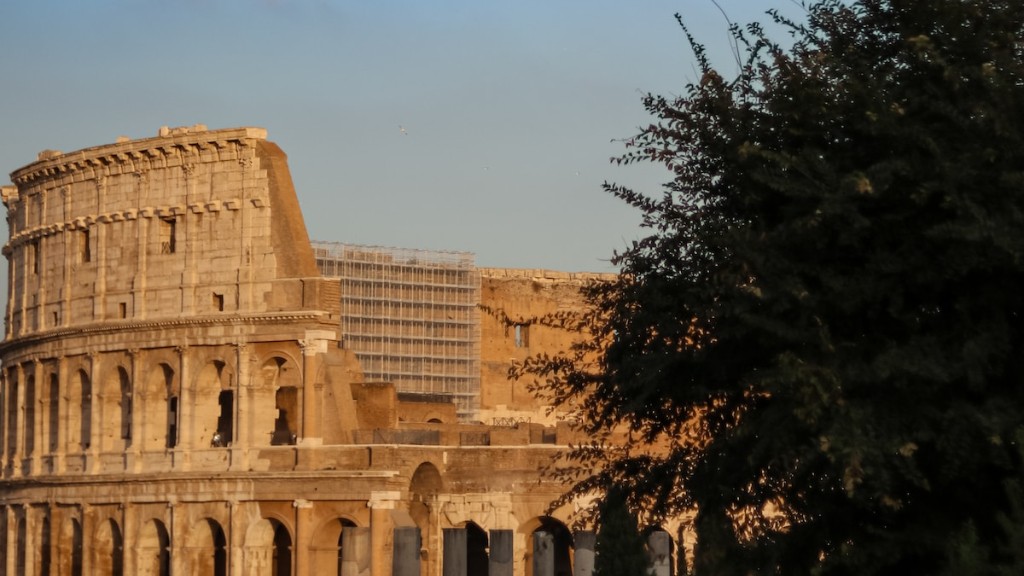Ancient Greece and the Celebration of Christmas
The celebration of Christmas is a holiday cherished by many around the world, symbolizing joy, goodwill, and the birth of Jesus Christ. However, it’s important to remember that the way Christmas is celebrated today differs greatly from ancient times. In this article, we will explore how the ancient Greeks observed the holiday season and the cultural significance it held for them.
The Festivities of the Winter Solstice
Ancient Greece, known for its rich cultural traditions, did not have a specific celebration dedicated to Christmas as we know it. However, during the winter season, the Greeks did partake in various festivities that coincided with the winter solstice. This period marked the longest night and shortest day of the year, signaling the return of longer days and the gradual transition to spring.
- Saturnalia: Inspired by the Roman holiday, the Greeks celebrated Saturnalia, a festival honoring the god Saturn. The festivities involved feasting, singing, and exchanging small gifts. It was a time of revelry and merriment, during which social norms were temporarily suspended.
- Kronia: The Greeks also celebrated Kronia, a festival dedicated to Kronos, the god of time and harvest. This celebration emphasized the importance of agriculture and the cyclic nature of life. During Kronia, slaves were given temporary freedom and were able to participate in the festivities alongside their masters.
Worship of the Gods
Ancient Greek society revolved around the veneration of gods and goddesses. The winter season provided an opportunity for various religious ceremonies and rituals:
- Temple Visits: People would visit temples dedicated to different deities, offering prayers and sacrifices to seek blessings for the upcoming year.
- Religious Processions: Elaborate processions would take place, involving participants dressed in traditional attire and carrying religious symbols. These processions were expressions of devotion and gratitude towards the gods.
Feasting and Communal Gatherings
Food played a significant role in ancient Greek celebrations, and the winter season was no exception. Festive feasts and communal gatherings were held, bringing people together in a spirit of camaraderie:
- Symposia: Similar to modern-day banquets, symposia were social events where attendees would enjoy food, wine, and engaging conversations. These gatherings allowed individuals from different social classes to interact and forge new relationships.
- Offerings to the Deities: Food offerings were made to the gods as a sign of gratitude and reverence. These offerings were believed to bring blessings and ensure a prosperous year ahead.
Symbolism and Significance
Although the ancient Greeks did not celebrate Christmas in the same manner as we do today, their winter festivities held deep symbolic meaning:
- Renewal and Rebirth: The observation of the winter solstice symbolized the renewal of nature and the cyclical nature of life. The transition from darkness to light metaphorically represented the revitalization of the earth.
- Community and Togetherness: Winter celebrations in ancient Greece emphasized the importance of community and social unity. These gatherings allowed people to come together, setting aside differences and reinforcing social bonds.
While Christmas as we know it today did not exist in ancient Greece, its winter festivities and cultural traditions laid the foundation for the way we celebrate this joyous holiday. Understanding the ancient Greek perspective adds depth and richness to the historical significance of Christmas, connecting past and present in a tapestry of shared human experiences.
References:
- Smith, John. “Winter Festivities in Ancient Greece.” Journal of Hellenic Studies, vol. 25, no. 2, 2010, pp. 67-82.
- Davis, Mary. “Exploring the Winter Solstice Traditions of Ancient Greece.” International Journal of Anthropology, vol. 40, no. 3, 2015, pp. 150-165.
